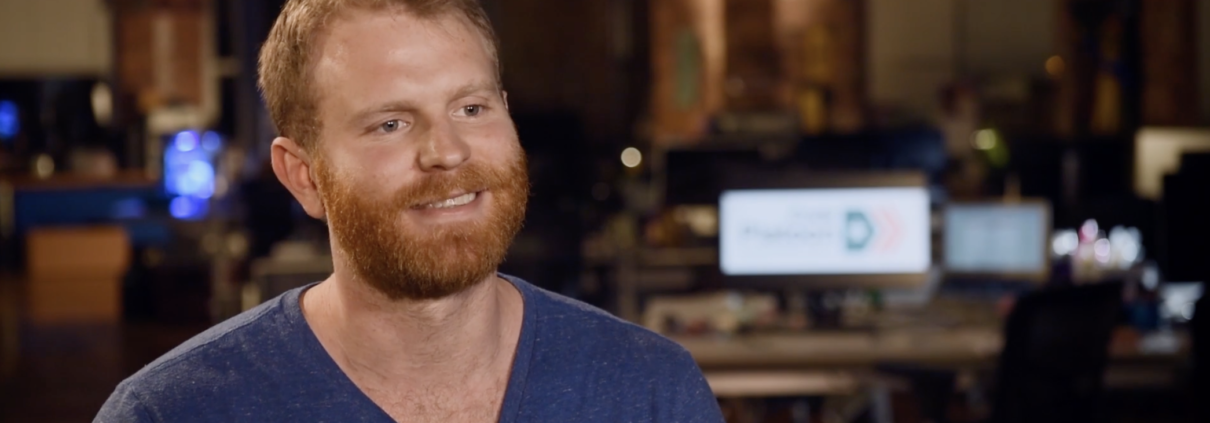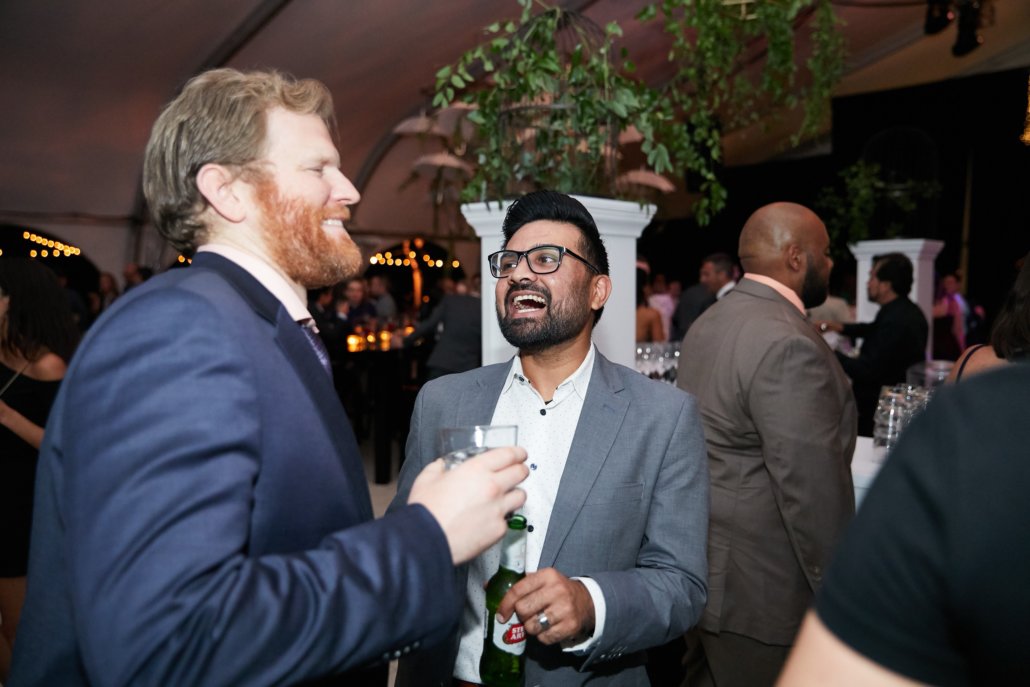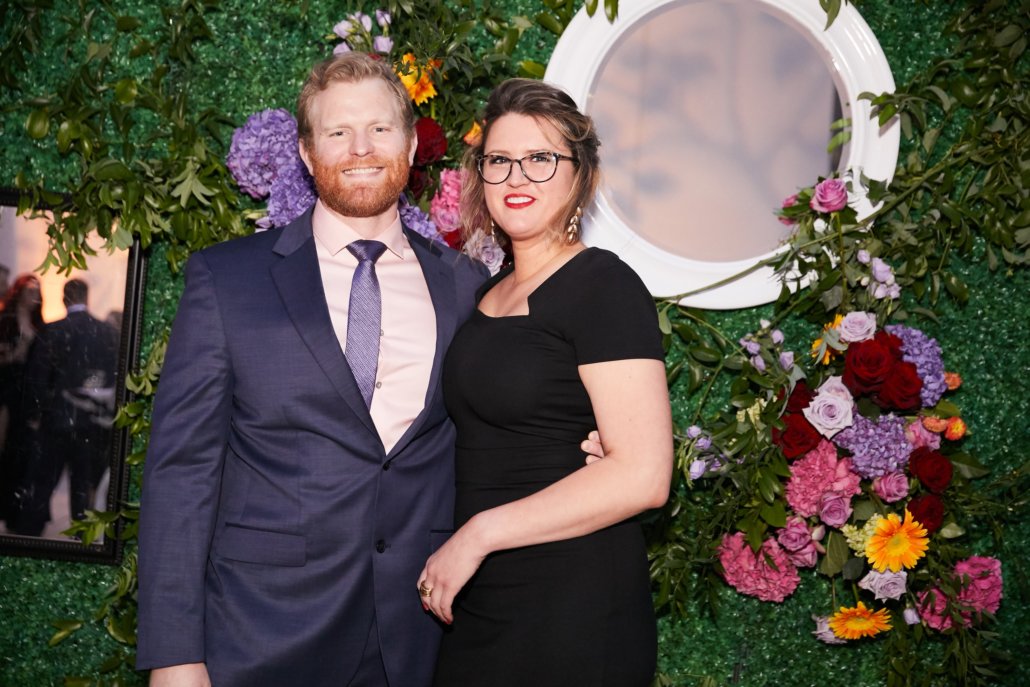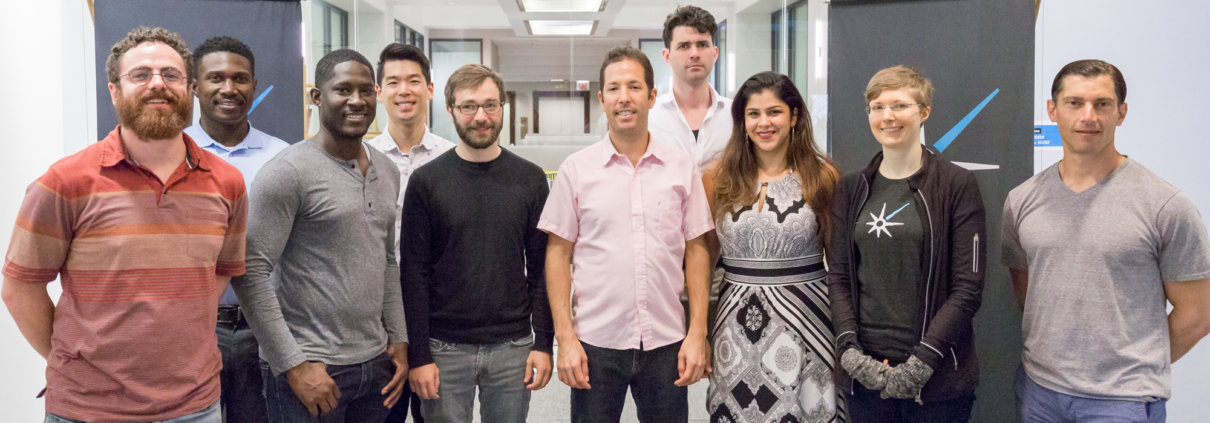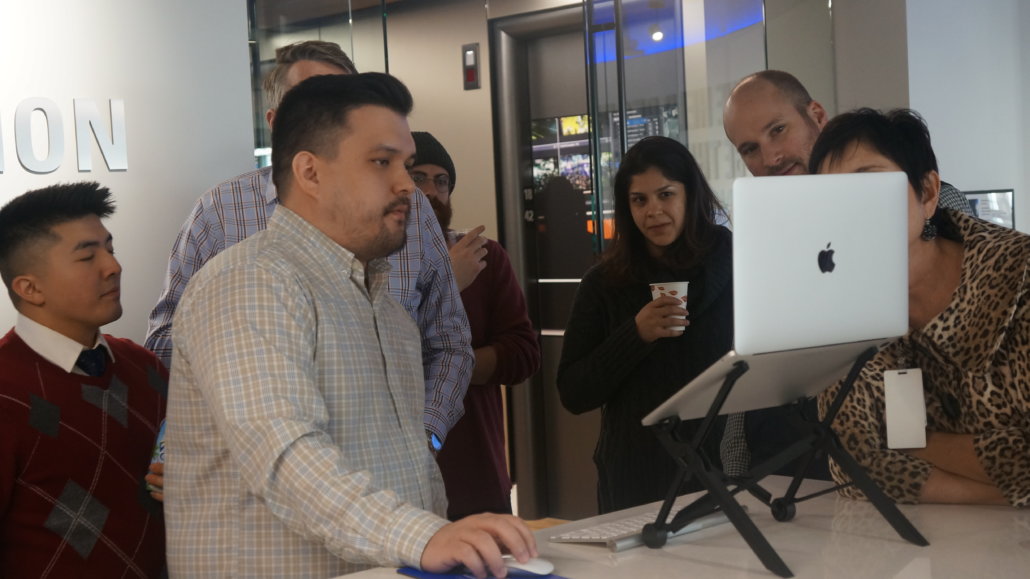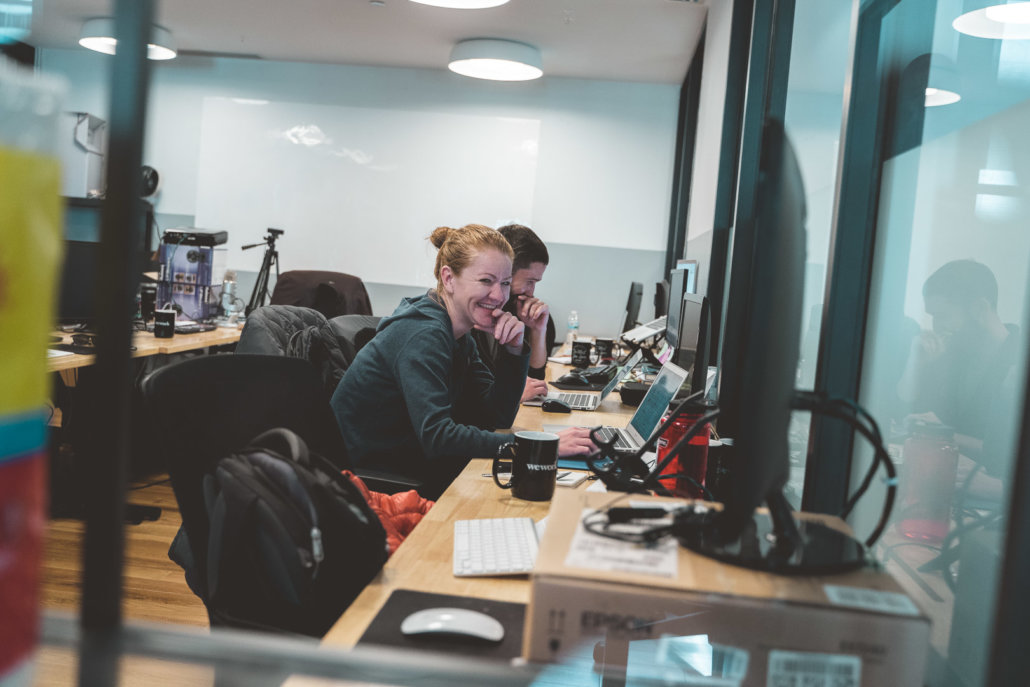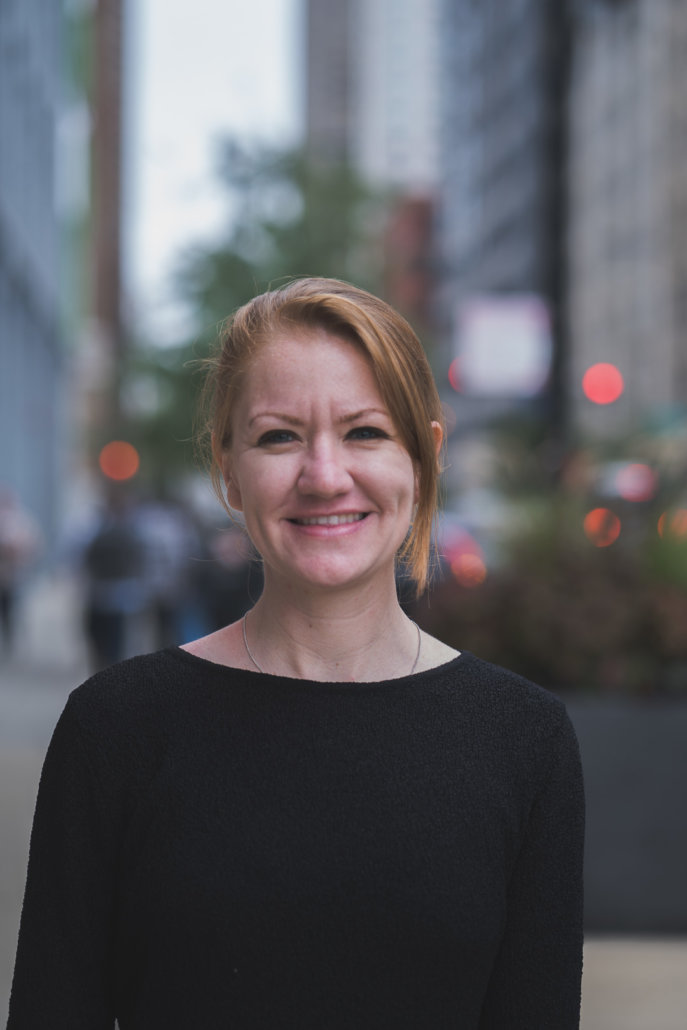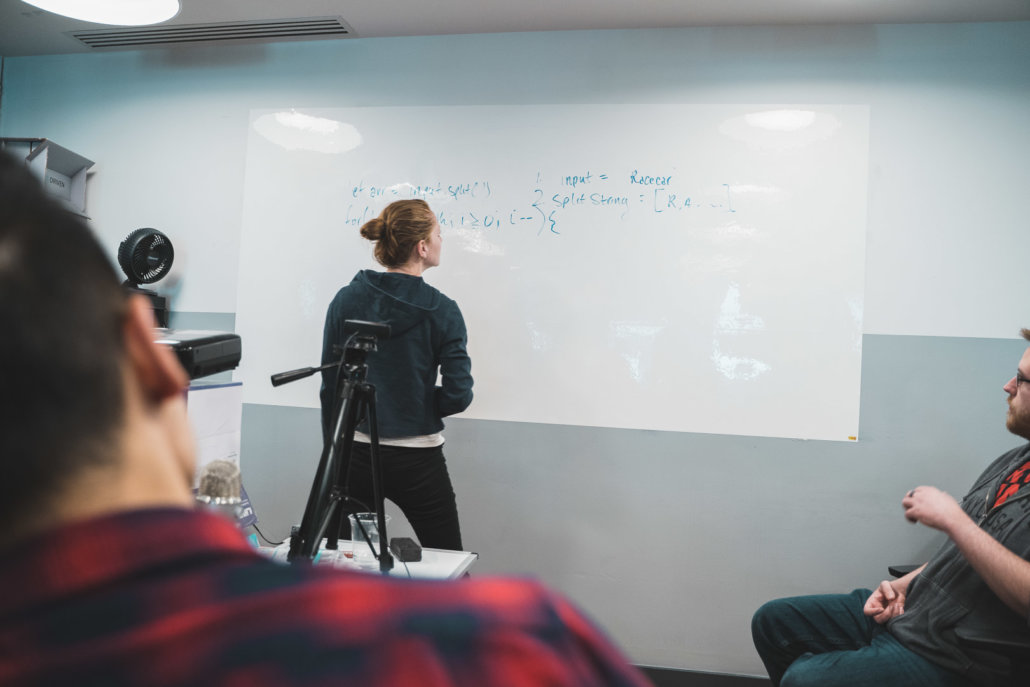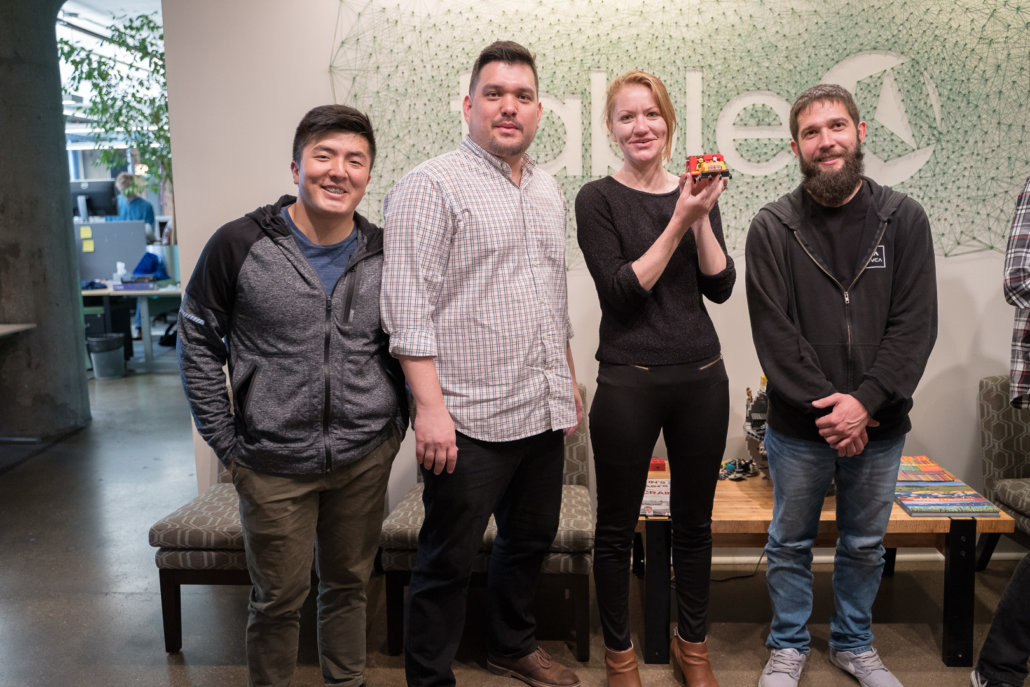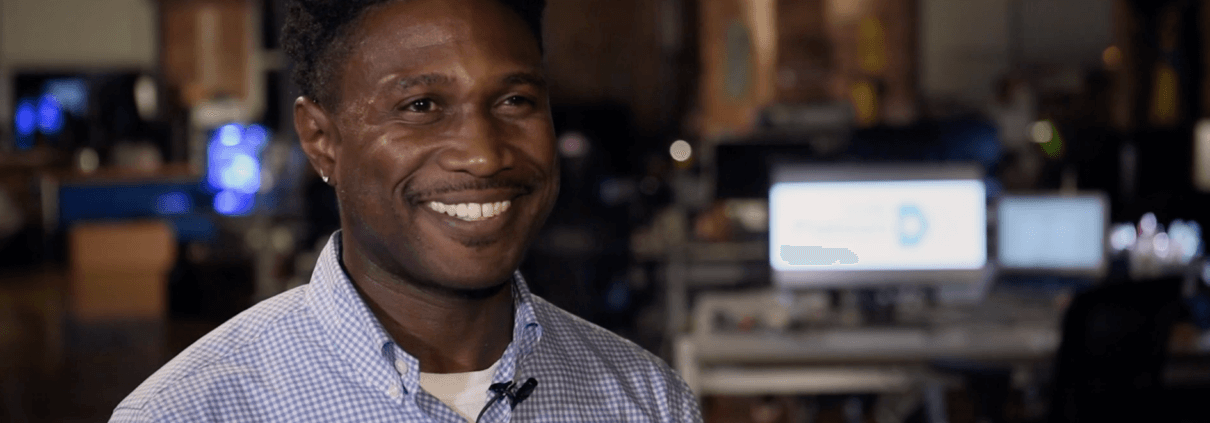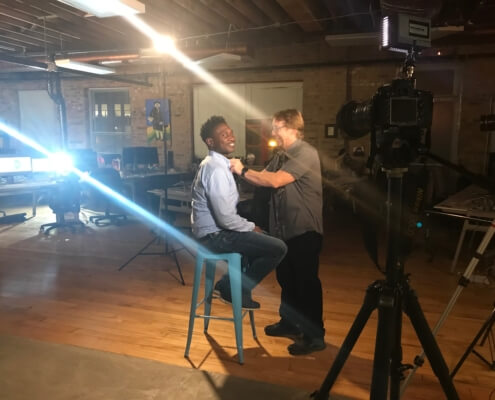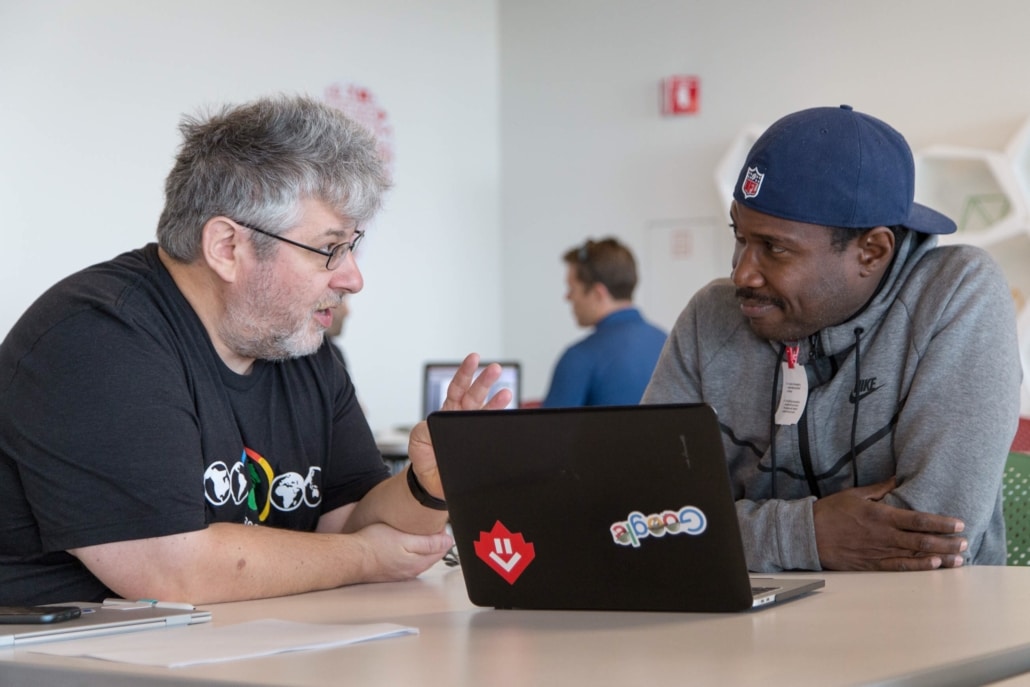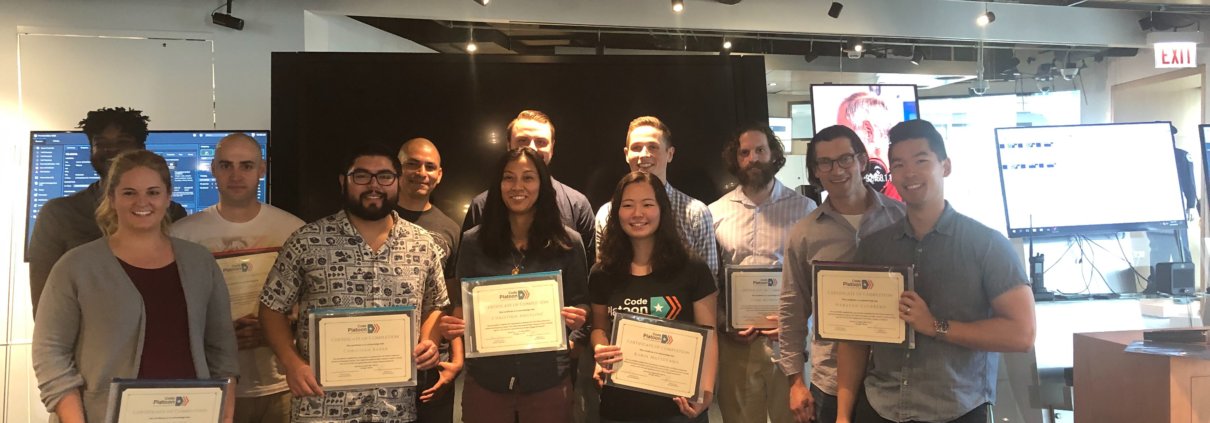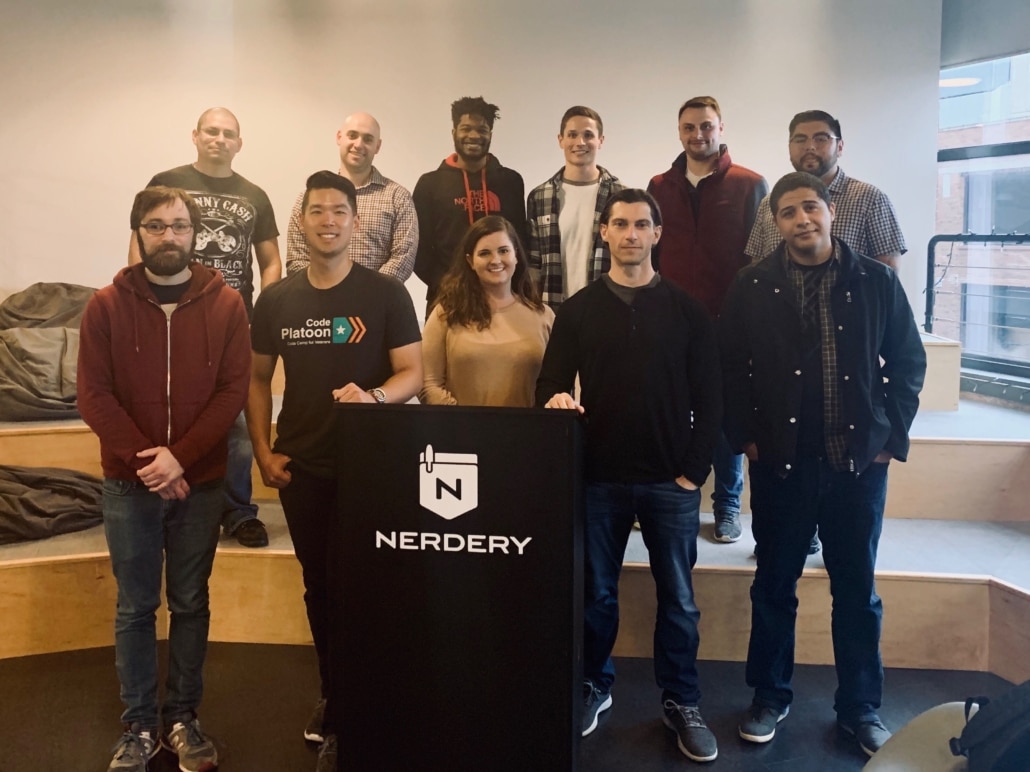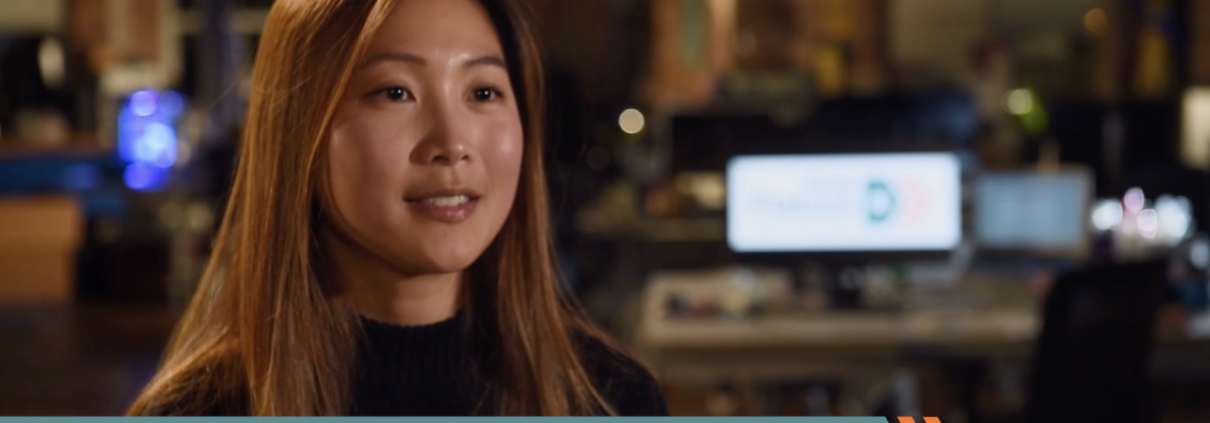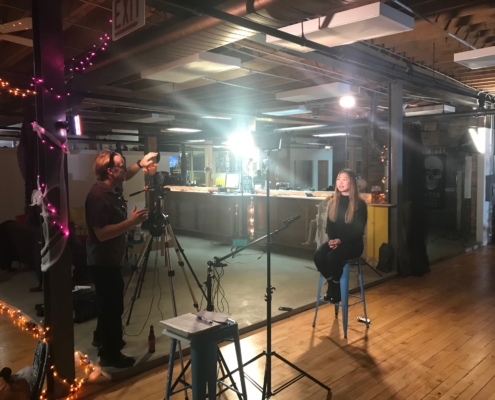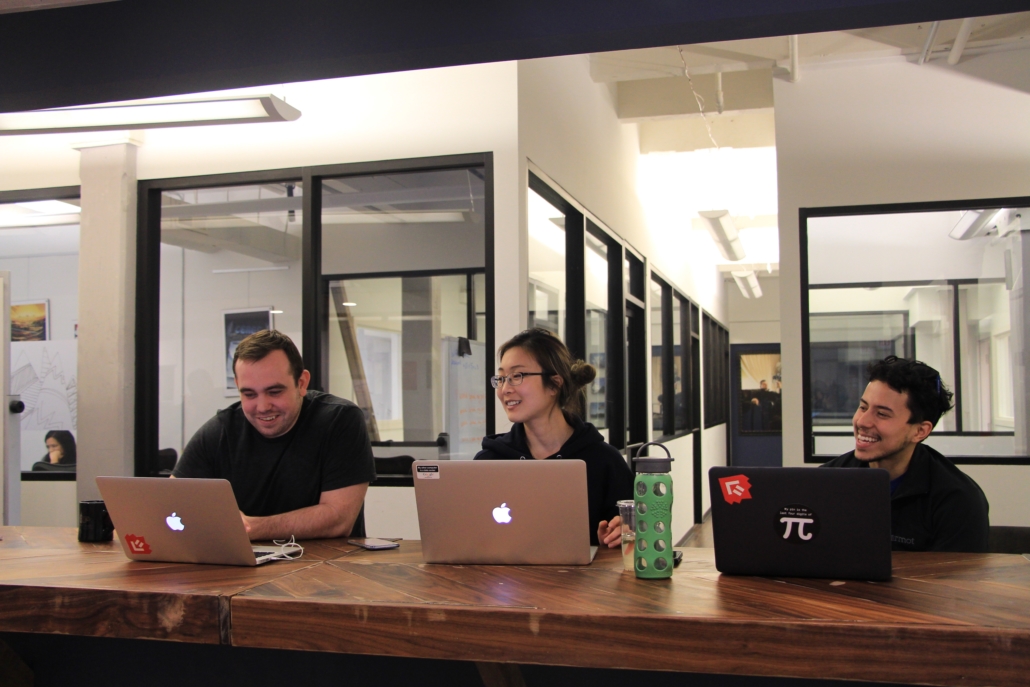As a coding boot camp, Code Platoon provides more than just basic training on software programming for our students. We want to provide the best possible coding boot camp experience a veteran, service member, or military spouse can have, bar none.
That way, the veterans we serve have an option that is not only custom-fit to their needs, but is also the superior choice in every category as a coding boot camp.
Here’s what Code Platoon provides its students, in addition to the fundamental coding education, that sets us apart from other coding boot camps.
We help you land the job through career services
We understand that the vast majority of our students attend a coding boot camp because they want to start a new career in coding. The career services we offer take our graduates the extra mile and guarantee they have everything they need to land the job, in addition to the technical training.
Apprenticeships
This is a linchpin of our In Person program. Over 70% of our graduates get placed directly into a paid internship, which most of the time leads to a full-time job offer at the same company.
With those for students for whom the apprenticeship is a short-term relationship, they now have specific job experience on their resume, which improves future job prospects. The first coding job is by far the hardest to get, and our apprenticeship program alleviates that.
LinkedIn prep
To get a job, you need to develop your ‘personal brand.’ LinkedIn is the primary platform to display your professional brand, and we spend many hours with our students getting this right. We provide students with examples of successful profiles and offer feedback as they develop their own, so they can have the digital presence required to look like a pro on day one.
Resume prep and coaching
Most veterans don’t know how to translate what they did in the service into terms that employers will value. Knowing this in advance, we help do it alongside them.
Whether it’s for the resume, LinkedIn, or the interview, we help students communicate their military skills without the defense jargon that civilians won’t understand. In its place, students add the relevant civilian terminology needed to get the attention of resume-scanning software, HR professionals, and ultimately the hiring managers.
Interview prep
(whiteboard, behavioral, technical/algorithms)
Interviewing for software roles is different than most other types of interviews because they can get highly technical. Interviewers may even ask an interviewee to solve a coding challenge on a whiteboard or ask technical fact-based questions. Since these challenges are solved live and will throw off even an experienced coder with on-the-spot pressure, the only solutions are preparation and practice.
We help students prepare for all of the different types of interviews, down to the soft skills, professionalism, and confidence that potential employers in the tech industry are looking for.
We train and certify advanced academics beyond just coding
Cutting edge curriculum
The technology landscape changes frequently. We teach timeless fundamentals, but we are also laser-focused on teaching the tools that are in demand.
We even consult with corporate sponsors and partners and conduct our own independent research to determine the best paying and most in demand programming languages. That is why we currently teach Python and Javascript and React.js, an update to our old curriculum specifically tailored to create the best outcomes for our graduates.
We are an Amazon Web Services Training Academy and prepare students for the AWS Cloud Practitioner Certification
A tremendous amount of development now happens in the cloud. AWS is the leading cloud services provider. Certification on the AWS platform is well regarded and in demand, so whether your employer is going to use it or not, it’s a major bonus on your resume.
That’s not even to mention that it will make your job much easier if you do end up using this popular platform!
SAFe Agile Certification
Agile management is how modern teams work. This certification introduces you to the fundamentals of Agile management. You won’t just have the coding skills to do the technical side; you’ll have the project and task management insights that will make you an asset to your team and a rock star on your resume.
Industry best practices (Git, Pair Programming, Test Driven Development)
How do modern teams work? Collaboratively. We teach our students how to store code so that they can work in teams, and we teach how to code together, which is a widely-used programming methodology.
We also teach you to write low-error risk code so that what you create won’t become problematic for others working with your code.
Real World Projects
The best way to build up your skills is to put them into practice on hands-on projects. You’ll get experience working in teams throughout the program, and then finally in a team capstone project.
You will be collaborating to solve complex problems, simulating a real professional environment. In addition, you will spend a good amount of time working on a personal project to showcase your new skills and put your learning into action.
We connect you with a network of other coding professionals
Veterans and military spouses cite a lack of a network as one of their top concerns when entering the job market. We create a personal network for you, by introducing you to:
Mentors
Every student gets an industry mentor that provides one-on-one support throughout the 15 weeks of instruction.
Mentors work in the technology industry and help students learn more about working as a software developer. Mentors often have their mentee visit them at their office, meet for coffee, or join them at tech meetup events!
Teaching Assistants
We have industry professionals who serve as evening teaching assistants every night. Teaching assistants are familiar with our curriculum and can expertly help problem solve as students are completing challenges and assessments. Many of our teaching assistants are former Code Platoon students, providing support as both coding professionals and veterans or military spouses.
Speakers
We bring in industry professionals as guests to talk about specific parts of technology, management, teamwork, and more.
Alumni
Our alumni are successful developers who want to see Code Platoon graduates succeed. Our alumni association meets bi-monthly to support each other and help Code Platoon grow to serve more students.
We understand veteran needs and accommodate them
- Veterans and military spouses are your classmates
- We allow time off for drilling
- We can refund your tuition if you are unexpectedly activated or deployed
- We collaborate with other veteran nonprofits, like Road Home for mental health services
- We have experience with VA benefits including GI Bill, Voc Rehab, VET TEC
If this sounds like a good fit for you, click here to apply for our next cohort!


